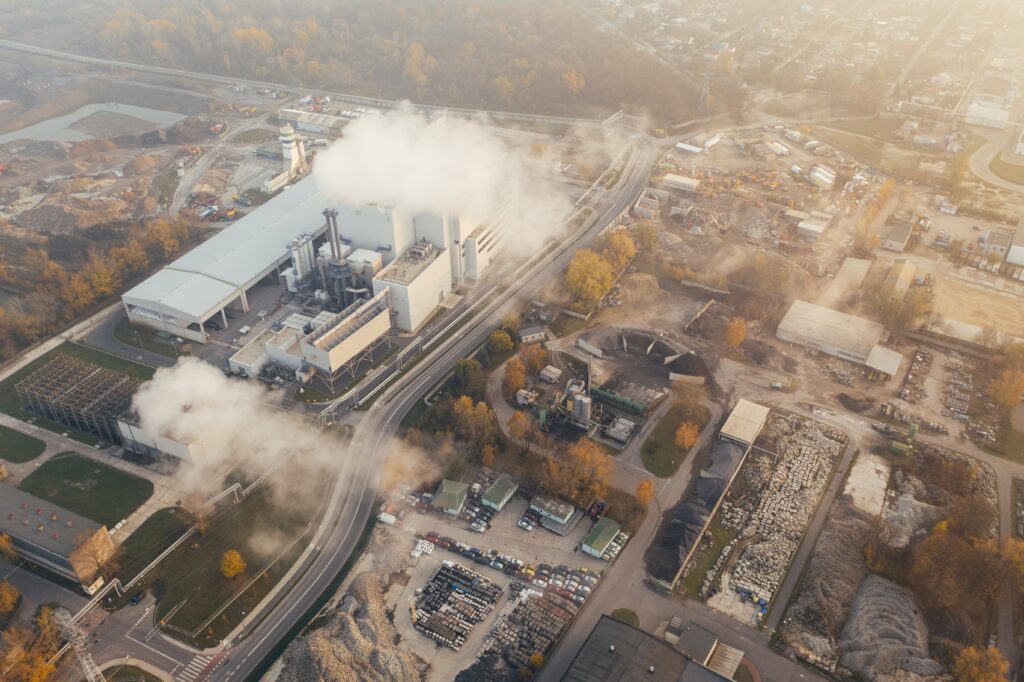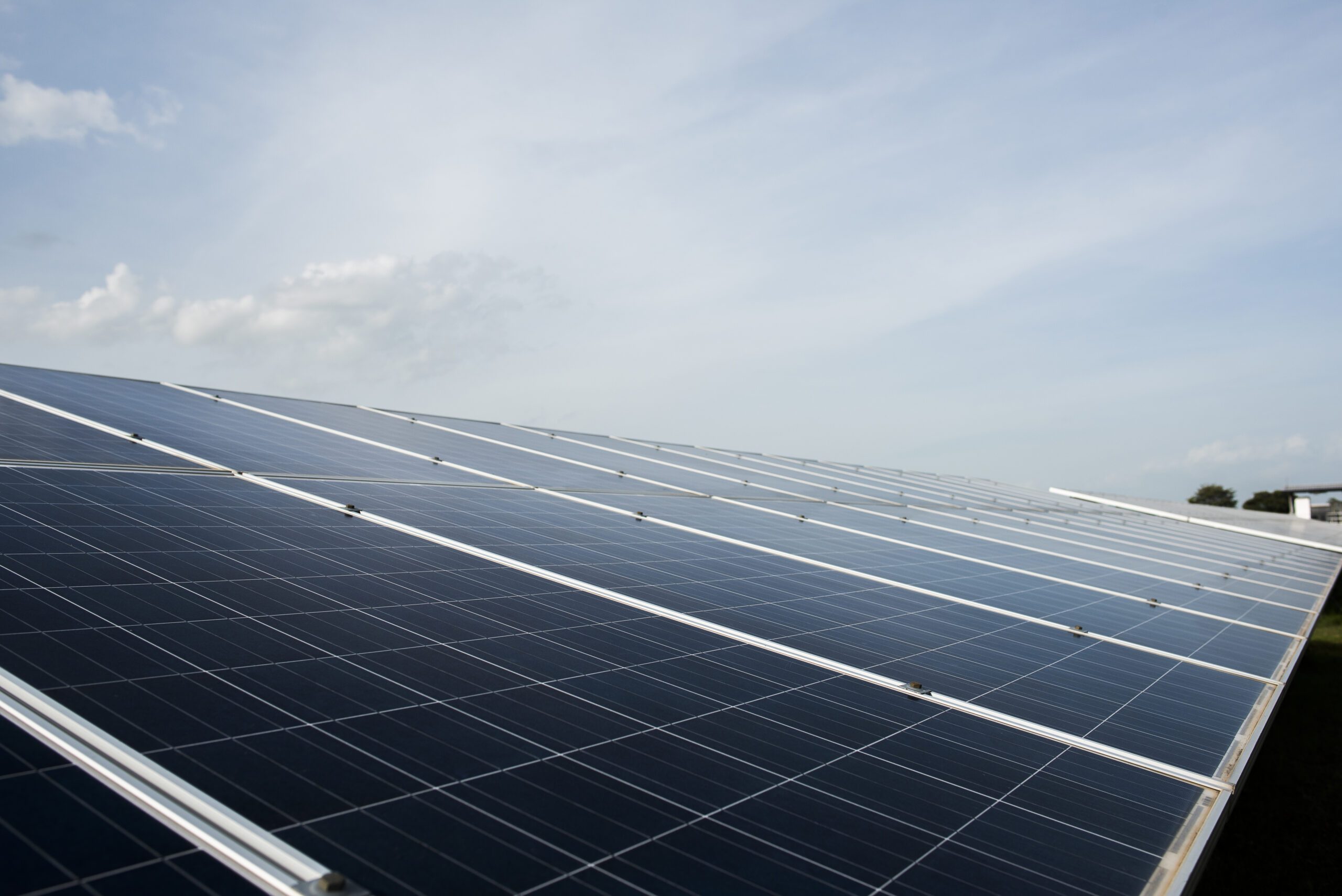
Energy Management System
Real estate

2021 saw Asga introduce a binding climate policy for its investments. An important step: Our climate policy enables us to comply with our fiduciary duty to take into account all risks within the investment process. In this way we are actively contributing to Switzerland’s fulfilment of its long-term climate targets under the Paris Agreement, which is aimed at delivering a sustainable, carbon-neutral economy.
Our climate policy is based on three pillars:
Why three pillars? As well as being important in regulatory terms, the division into three pillars enables us to carefully consider precisely defined measures. But first things first:
Under the first pillar, we recognise the risks associated with climate change as part of our fiduciary duty. Here we monitor the risks arising from climate change and incorporate them into our general risk management. Based on these considerations we’ve taken another far-sighted measure: For example, we exclude coal companies on account of risk factors. This is in line with the climate strategies pursued by various countries: They have published plans to include certain fossil fuels such as coal among the stranded assets that many developed countries will exit by 2030.
Under the second pillar, we take account of the Paris Agreement, which Switzerland signed in October 2017. The Paris Agreement not only aims to keep global warming significantly below two degrees but also to channel financial flows in a climate-friendly direction. Asga is committed to the Paris Agreement: That means binding ourselves to a reduction in our carbon emissions.
Active shareholder engagement, which constitutes the third pillar, is especially important in terms of encouraging companies to transition to sustainable business practices – not just from a climate perspective but also from an overall ESG point of view. Our climate commitment is reflected in our membership of the Swiss Association for Responsible Investments (SVVK – ASIR). The SVVK – ASIR engages in an active dialogue with Swiss and international companies. In addition to our current policy on voting rights, we also exercise our voting rights as they relate to our climate commitment and furthermore in the case of all Climate Action 100+ companies.
Our climate policy rounds off the sustainability policy we introduced last year and enables us to take binding measures in terms of how we deal with fossil fuels. Naturally, this climate policy is at all times implemented while fulfilling our obligations towards our insureds. Generating a market-level return at fair cost, while taking an appropriate degree of risk, remains vital in order to enable us to fund the promised benefits.

Stranded assets: This term describes assets that are affected by unexpected impairments or writedowns. To minimise risk, it’s important for us to identify such assets at an early stage in our investment deliberations. We are currently seeing these risks in the case of coal due to stricter climate regulations in various countries as well as substitution by renewable energy. Changing the business models of the companies affected is virtually impossible, meaning there is too wide a gulf between risk and return expectations. We have therefore decided to exclude coal companies. How does that work in concrete terms? In the case of international equities, we exclude companies that generate more than 10% of their sales from the production of coal or electricity from coal-fired power stations, and companies that still have coal reserves.

Real estate

Real estate, Capital investments, Capital investments, Real estate

Employee, Employer

Employer

Capital investments, Real estate